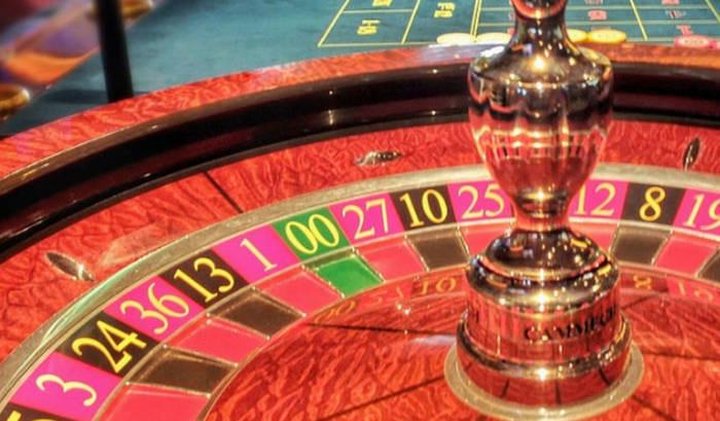The night of August 18, 1913 was a good one for the owners of Le casino de Monte-Carlo in Monaco. Who am I kidding? It’s always a good night for the house. That’s why you can walk into a casino for free, you’re given about ten bucks worth of chips and a couple of drinks to loosen you up — you think they do this because they love you? (In Monaco, 1963, I walked in and walked right out after being denied entry for not wearing a jacket and tie — I don’t know if that’s still the case.)

The Monte Carlo Casino in Monaco (Fruitpunchline/Creative Commons)
On this particular night, someone noticed that it had been awhile since red had come up on a particular roulette wheel. So gamblers started to bet on red, reasoning that the black run couldn’t last. On average, red and black come up equally, right?
(European roulette wheels have 37 slots: 18 red, 18 black, one green — that’s the double zero giving the house an expected return of 1/37 or 2.7%: you bet $100, on average you come away with $97.30. This side of the Atlantic, casinos are greedy: roulette wheels have two greens, so your $100 returns $94.60 in the long run.)

European roulette wheel with one double zero. (Unknown photographer)
Of course, the longer the run of black lasted, the more money punters put on red and the more they lost: “It can’t go on like this, red’s got to come up soon!” It finally did, on the 27th spin. What are the odds of that happening, 26 blacks in a row? Pretty remote, which is why every gambler is familiar with this bit of folklore.
(The odds of red not coming up 26 times in a row are 1/(19/37)^26, or 1 in about 33 million. Compare that to the approximately 1 in 300 million chance that a single ticket will win a Powerball or Mega Millions lottery jackpot.)
This is as good an example of the Gambler’s Fallacy, or Monte Carlo Fallacy, as you can find: if you were there, and you’d have gone along with the crowd, you’d have fallen for it. You don’t have to go to Monaco (or even Blue Lake) to be sucked in by the fallacy, of course. Imagine tossing a (fair!) coin 10 times and it comes up heads every time. Would you bet good money that it will come up tails next time? I trust you’re smarter than that, you know the coin doesn’t have a memory. Every toss, no matter what’s gone on before, has an even chance of heads or tails. Sure, on average, the number of heads will be approximately equal to the number of tails — and the more tosses, the closer it’ll be to a 50/50 ratio.
Hence casinos. They don’t deal in chump change, one sucker at a time. They deal with the sum of thousands and millions of individual bets over the course of months and years. The one lucky punter who comes out ahead by ten grand is balanced by the other 99 who’ve lost a hundred or so. Every serious gambler knows this, of course, which is why they play poker — not fixed-odds slots or roulette — where skill is more important than luck.
Whatever you’re playing, you know there’s something more attractive and alluring than making money, right? You’re there for the sheer fun of taking risks.
Win or lose, the real pay-off is the adrenaline rush.
CLICK TO MANAGE